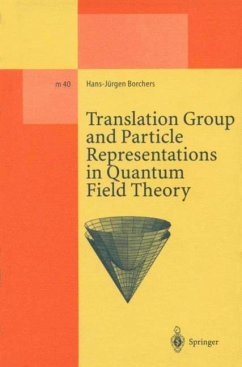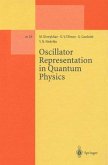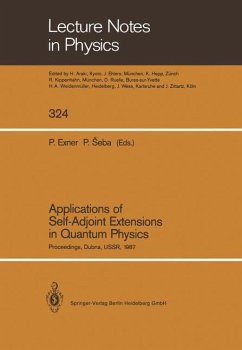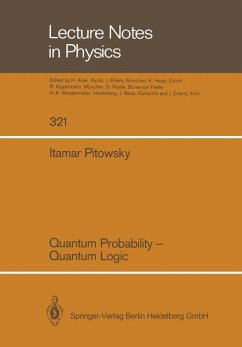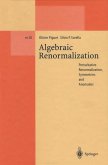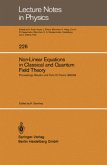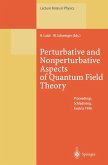At the time I learned quantum field theory it was considered a folk theo rem that it is easy to construct field theories fulfilling either the locality or the spectrum condition. The construction of an example for the latter case is particularly easy. Take for instance an irreducible representation of the Poincare group with positive energy, and as an algebra of observables all compact operators in that representation space. This algebra of observables is even an asymptotically Abelian algebra. Since it has only a single repre sentation - except for multiples of this one - it is hardly possible to replace locality in order to obtain a theory with a reasonable physical structure. This example shows that it is not sufficient to replace locality by asymptotic Abelian-ness. The construction of a theory fulfilling locality without a pos itive energy representation was first done by Doplicher, Regge, and Singer [DRS]. However, modern investigations on the locality ideal in the algebra oftest functions, started by Alcantara and Yngvason [AY], seem to indicate that this is a general feature; this means that most of the algebras of ob servables fulfilling the locality condition will not have representations that also fulfil the spectrum condition. This discussion shows that quantum field theory becomes a subject of interest only if both conditions are satisfied at the same time.

